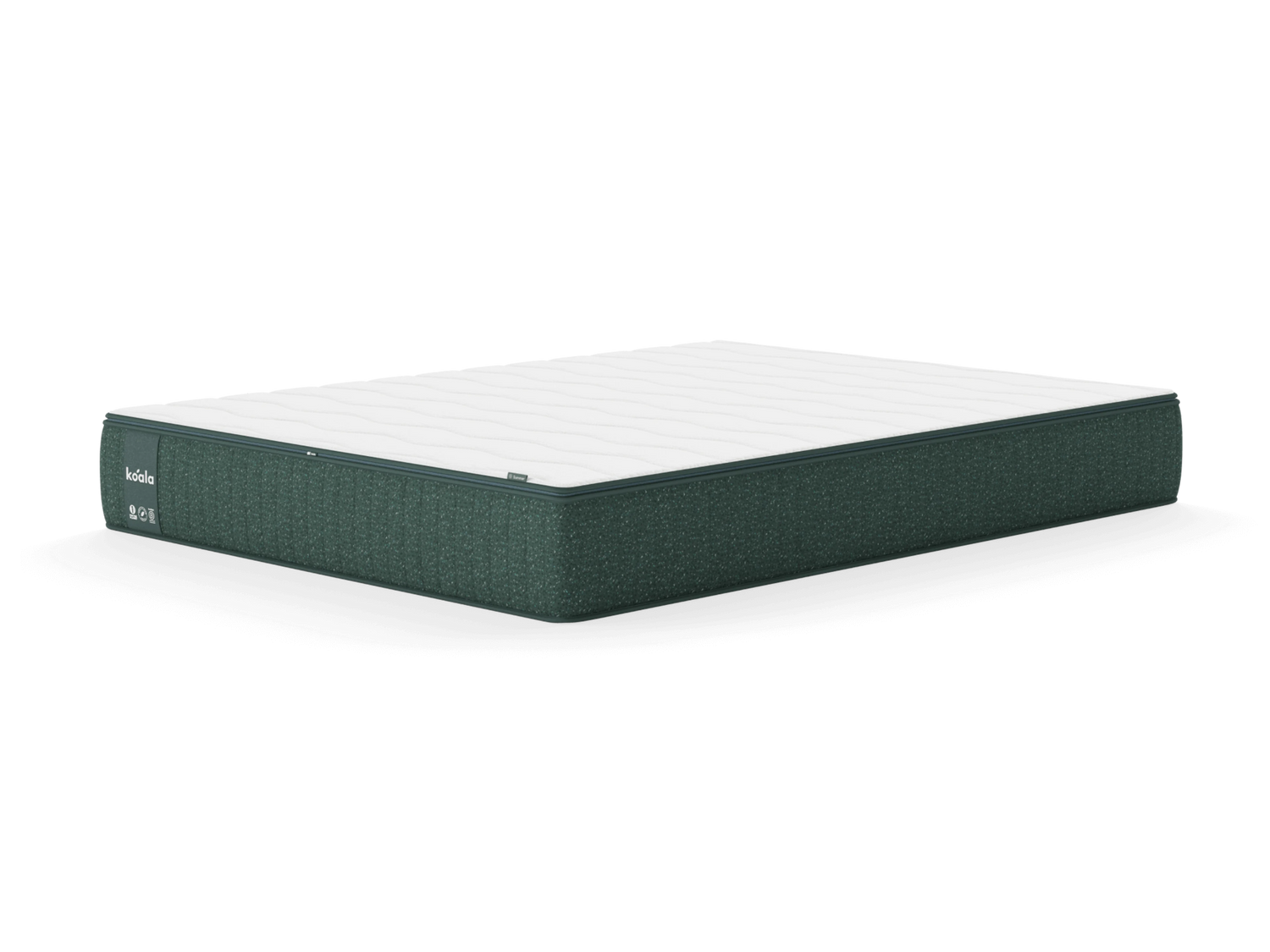
How to wake up at 5am without an alarm
Share
Different strokes for different folks! No matter which hour you want to rise, if you’re being woken up by your alarm clock, your body is likely not ready to be woken up. Little changes to your daily routine can make a significant difference in tackling every day. In this blog, you'll discover how to wake up early without an alarm.
Is snooze alarm bad for you?
The majority of people press snooze at least once, which is a terrible habit. Though we’re all guilty of it, resisting the temptation will make it easier to get up. “Drockling” is the old, official term for dipping in and out of sleep in the early morning, throwing off your internal body clock and leading you to that groggy feeling called sleep inertia. Sleep inertia can last two to four hours, making those ten to twenty extra minutes less appealing when you consider your whole day.
When should I go to bed?
It is recommended that most adults need between 7 - 9 hours of sleep per night to function at their best (3). To determine the time you need to go to bed, count backwards from when you need to wake up. One of the best ways to train your body to start your day without an alarm is to go to bed and wake up at the same time each day. After a few weeks, your body will begin to automatically anticipate when it’s time to get up.
When you sleep, your body cycles through different stages of sleep, which range from light sleep to REM sleep. After REM, you end up in a light sleep again, and it’s easier to get up at this time. The goal is to be roused during the lightest stage of sleep. That’s when the body is almost completely awake, so you are less likely to feel groggy when you’re woken up (4).
Bedtime Ritual
It may take a few weeks to get used to falling asleep at the same time, however having a consistent bedtime ritual can help you fall asleep faster, making getting up easier.
An hour before bed, prepare your body and mind for sleep. Below are some tips which may help you wind down after a long day and help you fall asleep:
😴 Dim the lights
😴 Turn off electronic devices
😴 Relax by taking a warm bath
😴 Read a book
😴 Meditate or practice these specific yoga poses
😴 Listen to music
Avoid the below activities before bed such as:
😴 Caffeine
😴 Alcohol
😴 Looking at your screen before bed. The blue light on your screen suppresses the release of melatonin, which helps induce sleep and delays your body’s internal clock. Be strict and make sure all screens are down half an hour to an hour before bed.
😴 Napping during the day
Expose yourself to bright light
Exposure to bright light in the morning signals to your brain that it’s time to start the day and reset your internal clock. If you wake up groggy, open the blinds. Direct sunlight exposure is best for the body, so if you can, within an hour of waking, try to get outside for a walk to have breakfast outside.
If you stick to a regular routine, eventually your body will adapt and you won’t need to heavily rely on the alarm. You will wake up naturally, feeling refreshed and well-rested.



